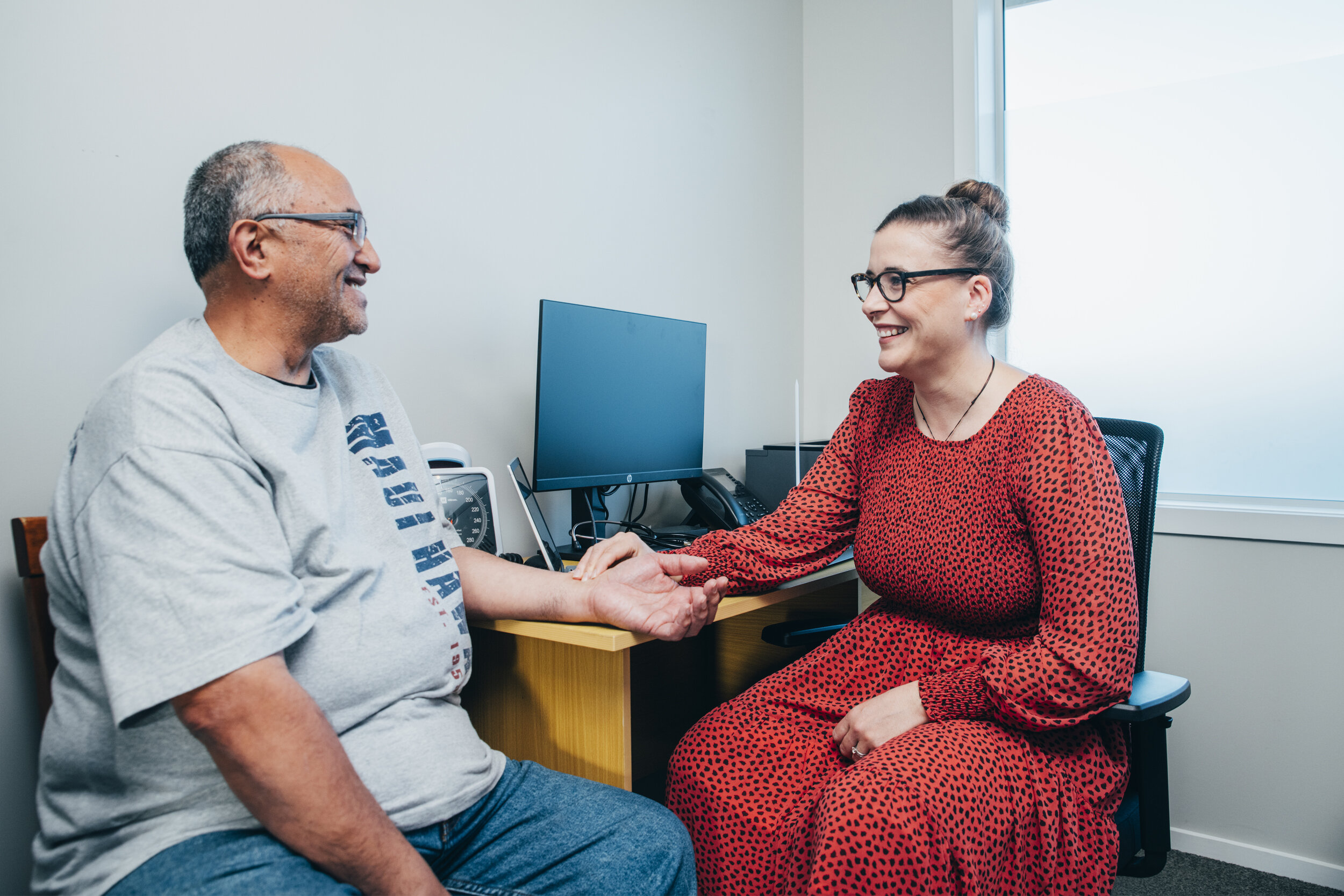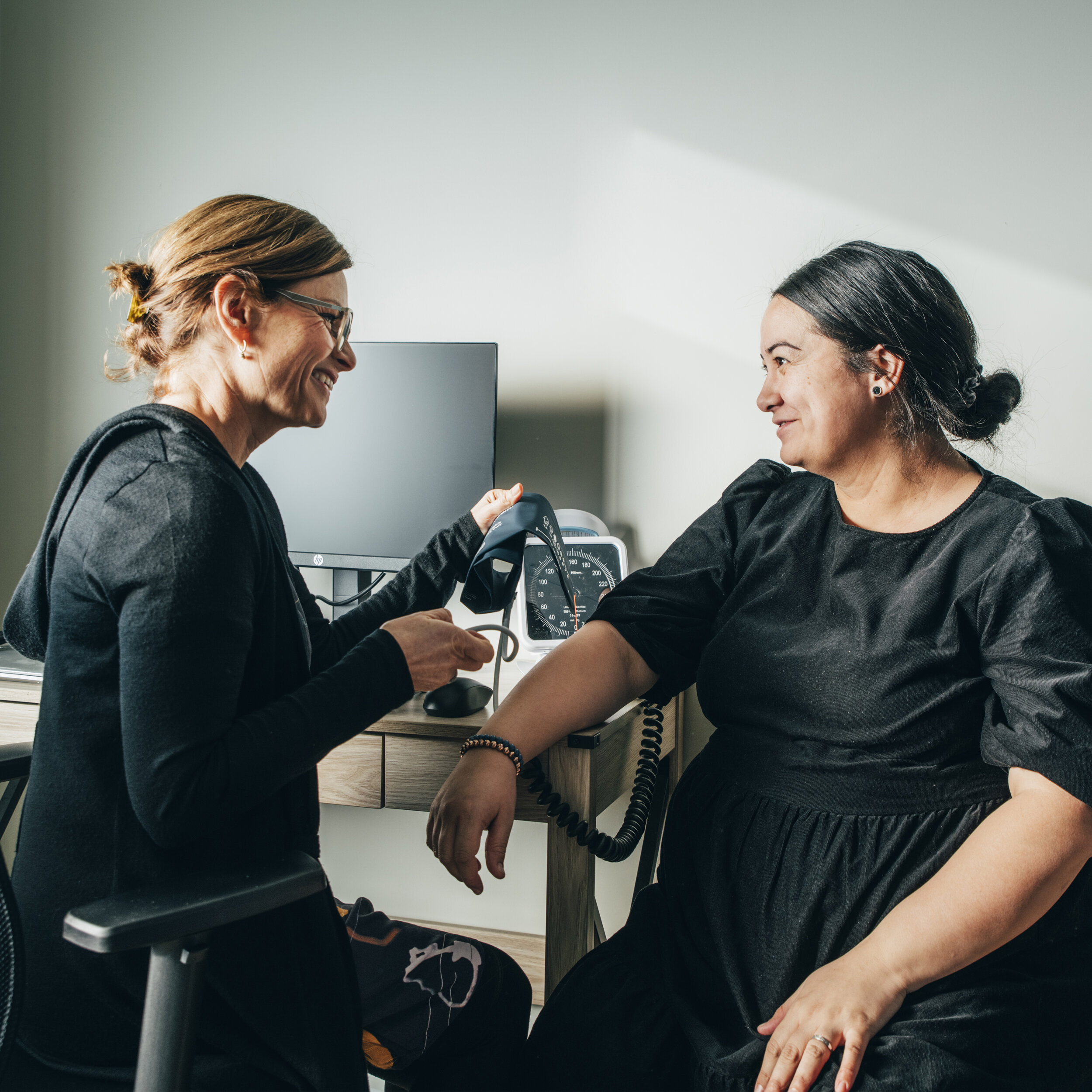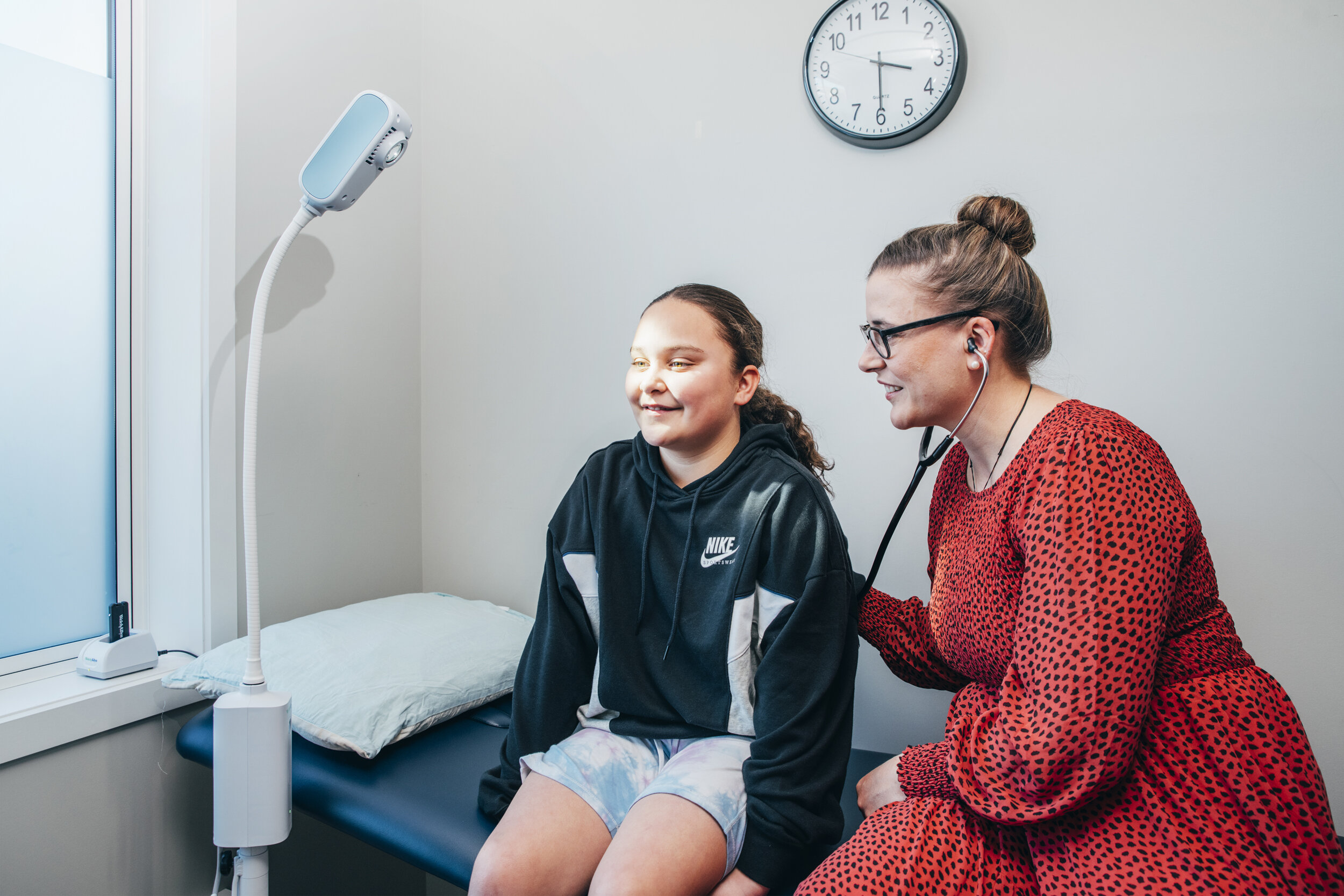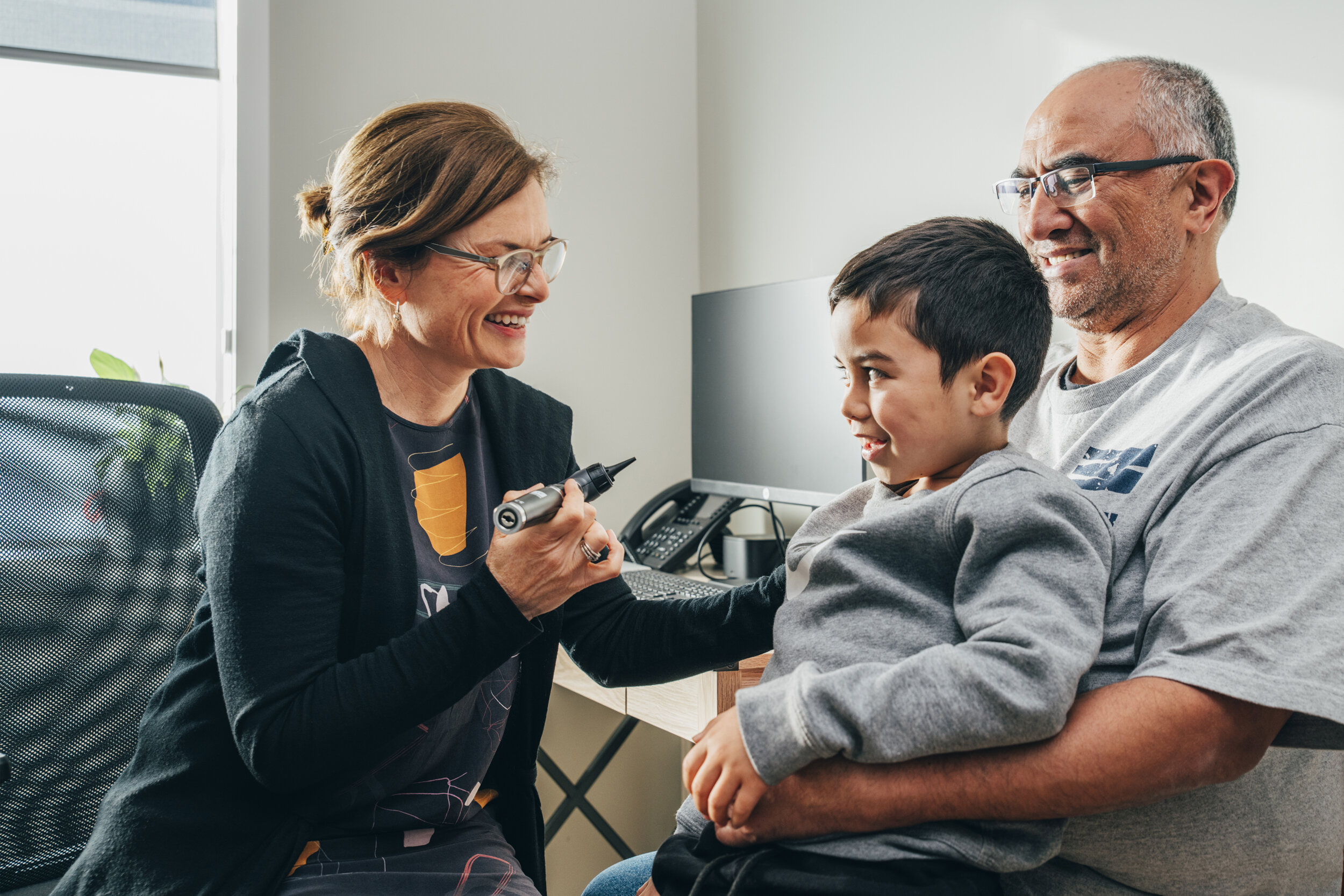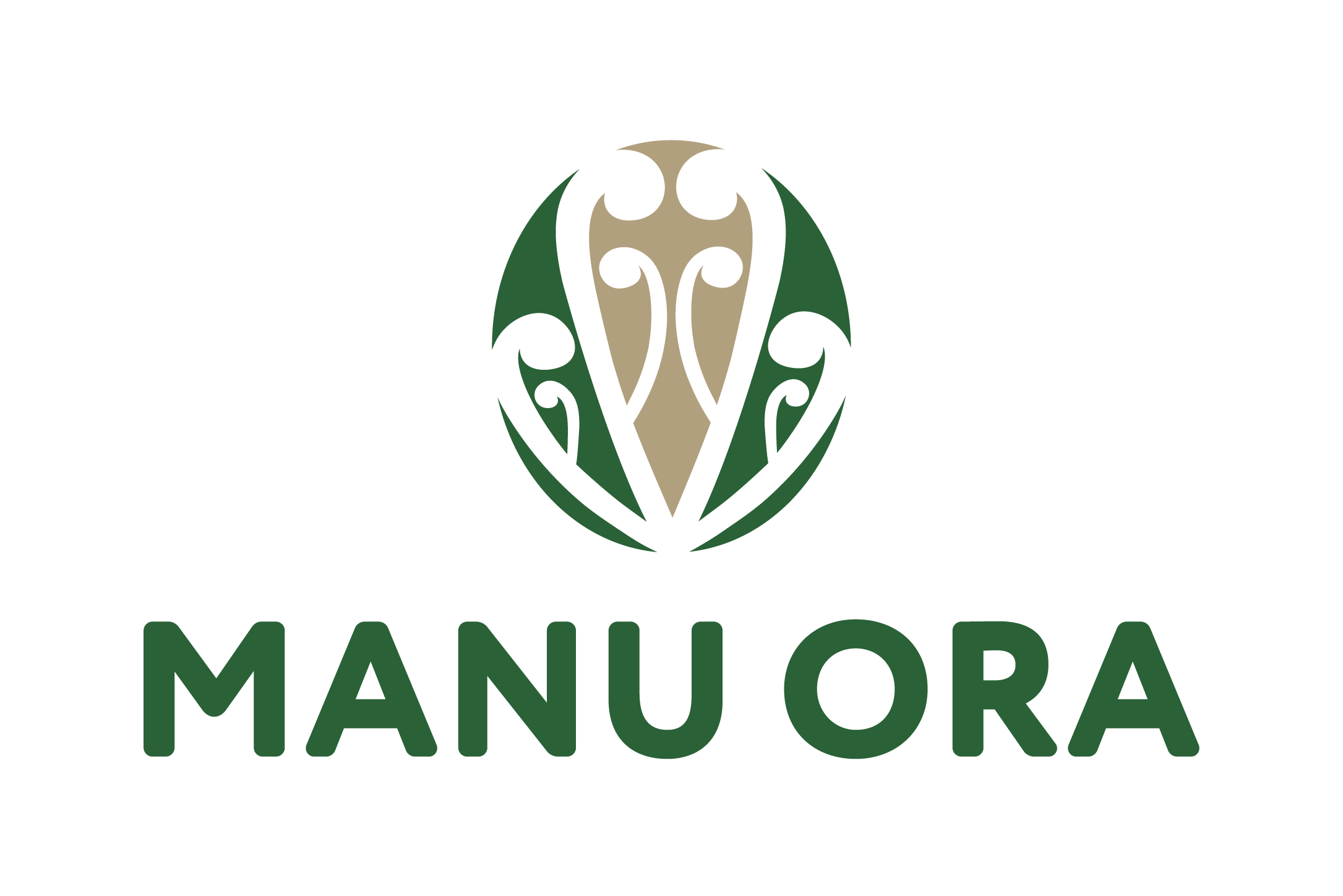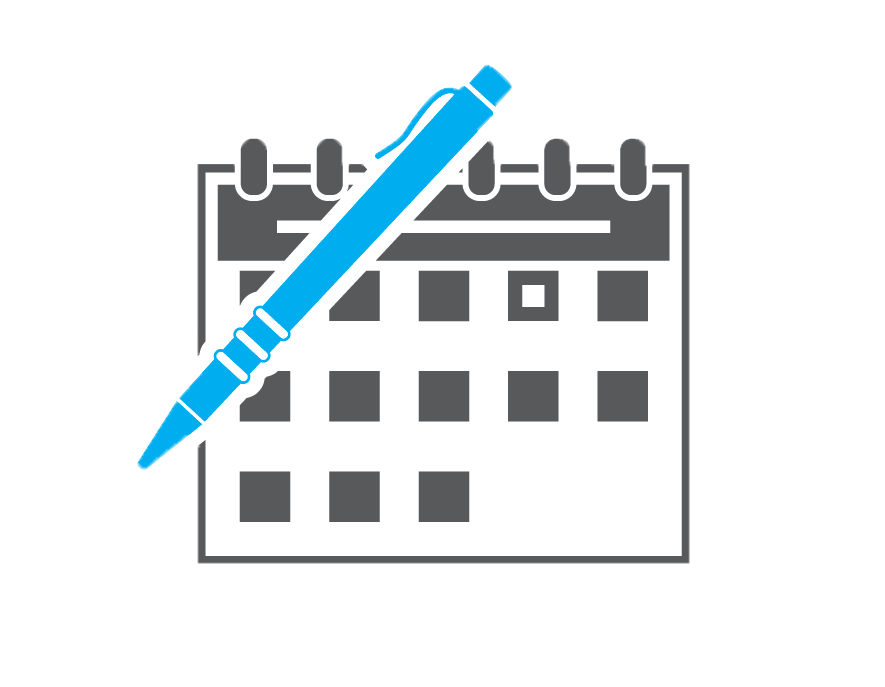Manu Ora thrilled with the response to its opening
"I come away from work feeling my soul is full; it’s pretty special," says Dr Sara Simmons, one of the three mātanga rata (general practitioners) working at Manu Ora, a new ‘by Māori, for Māori’ Hauora centre in Howick Road, Blenheim.
Te Piki Oranga established Manu Ora in collaboration with Simmons and fellow GP Rachel Inder, with support from the Marlborough Primary Health Organisation and Rangitāne o Wairau, and has since received funding support from other agencies including Nelson Marlborough Health.
The new practice opened on 9 August but lockdown soon followed, so it only got to celebrate its official launch with a pōwhiri on 5 October.
Manu Ora has been established to support Māori whānau with high needs, as well as other vulnerable communities.
"With more than 500 enrolments already, we’re tracking ahead of our targets," says Sara. "Of these, many either didn't have a GP or don’t have a strong relationship with a GP, and many have complex care needs. We’re thrilled to have them with us."
Manu Ora is still taking new enrolments. Sara says the practice can take up to 1,000 enrolments and can continue to support a much higher proportion of those with high needs.
"We haven’t yet actively promoted Manu Ora to these whānau," Sara adds, "It’s all been word-of-mouth. We’ve also built enrolments because Te Piki Oranga’s kaimahi have been referring people."
When a patient first signs up, they are offered an extended enrolment appointment with a nurse and a GP from the team. Following this, a coordinated management plan is developed and documented to ensure each patient’s health needs are met.
"The longer appointment times make a real difference," says Sara. "It gives us time to learn about each person’s background and home life. We can really get to know people and build a relationship and trust, which enables us to understand what other things in their life might influence their acute healthcare needs.
"We’re family-first, whānau-centred."
She also predicts Manu Ora’s other key to success will be its much higher staffing ratio (to patients). Manu Ora currently employs three GPs, three nurses and three receptionists. All nine Manu Ora kaimahi are deliberately employed on a part-time basis.
"In general, the pressures on kaimahi are so great in general practice," says Sara. "So our decision to work part-time is quite purposeful. We’re also a small enough team to be able to adapt and improve quickly."
Nationally, there is one full-time equivalent GP for every 1,700 patients. At Manu Ora, there is one full-time equivalent GP for every 1,000.
Manu Ora is also a not-for-profit organisation, which makes it quite different from other medical practices.
"We’re not a business, but a charity, focusing on providing quality care for low or no cost if people are unable to pay and enabling us to continue to attract more funding," says Sara.
Visit the Manu Ora website if you would like to enrol as a patient.

